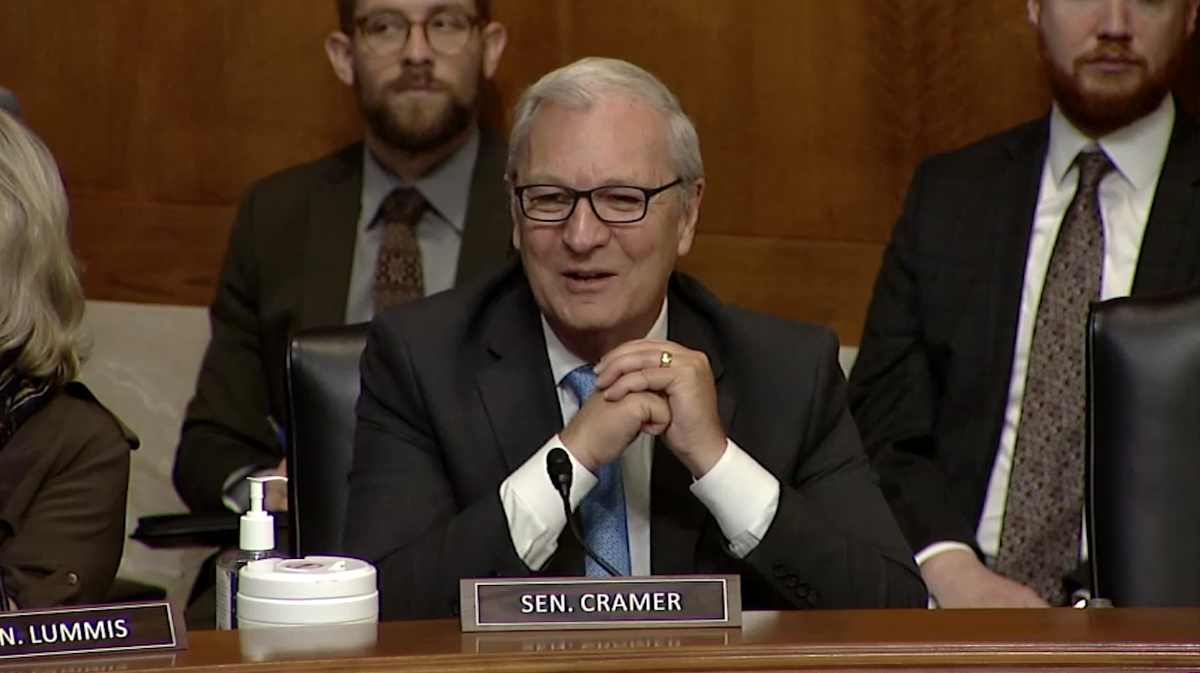Source: United States Senator Kevin Cramer (R-ND)
WASHINGTON – U.S. Senator Kevin Cramer (R-ND) discussed the significance of unique approaches to rural water systems and the importance of states like North Dakota being a part of the decision-making process in Waters of the U.S. (WOTUS) with Environmental Protection Agency (EPA) Office of Water Assistant Administrator Radhika Fox.
The senator began by explaining North Dakota’s rural water systems, which have limited financial resources and serve sparsely populated areas. Senator Cramer noted a one-size-fits-all regulatory approach by the EPA for chemicals negligibly present in North Dakota would only raise compliance costs on the state’s rural water systems. Neither the EPA test in 2015 nor the North Dakota Department of Environmental Quality test in 2018 and 2020 detected substantial health risk levels of PFAS.
“Many of our water systems, like many of the members here, are rural water systems. Not a lot of financial resources, spread out population, and [PFAS is] a chemical that largely barely exists,” said Senator Cramer. “Can you just expand on that relationship with tribes and states and how to craft rules that aren’t overly burdensome to particularly rural systems?”
“[EPA Administrator Michael Regan] is very in tune to the importance of being in partnership with states, not telling states what to do, but figuring it out together. We are inspired to do that not only in our PFAS work, but in all of the rules that we’re undertaking at EPA,” replied Mrs. Fox. “We will have ample and robust dialogue with states… We have to make sure it’s meeting the very diverse needs of states across the country.”
“The landscape continues to change around Waters of the United States,” said Mrs. Fox “We do anticipate proposing that step one rule before the end of the year by the end of 2021. When we propose that, we will do ample and robust stakeholder engagement in North Dakota and around the country.”
